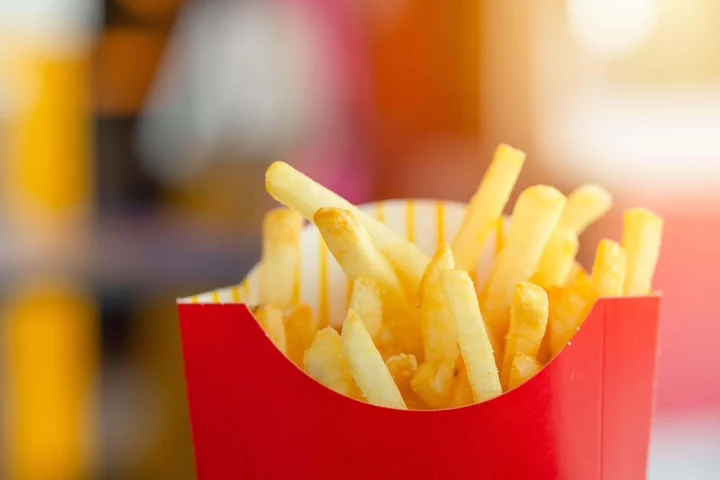
Brain’s appetite control centre different in overweight or obese people – study
The brain’s appetite control centre is different in the brains of people who are overweight or live with obesity, a new study suggests. The researchers said their findings add further evidence to the relevance of brain structure to weight and food consumption. Current estimates suggest that more than 1.9 billion people worldwide are either overweight or obese. And, according to the Office for Health Improvement and Disparities, almost two-thirds of adults in the UK are overweight or living with obesity. This increases the risk of developing health issues like type 2 diabetes, heart disease and stroke, cancer and poorer mental health. The last two decades have given us important insights about appetite control and how it may be altered in obesity Professor Paul Fletcher, University of Cambridge A number of factors influence how much people eat and what they eat, including genetics, hormone regulation, and the environment they live in, researchers say. However, it is not entirely clear what happens to the brain to tell us that we are hungry or full. Past studies have shown that the hypothalamus – a small region of the brain about the size of an almond – plays an important role. Dr Stephanie Brown, from the Department of Psychiatry and Lucy Cavendish College, University of Cambridge, said: “Although we know the hypothalamus is important for determining how much we eat, we actually have very little direct information about this brain region in living humans. “That’s because it is very small and hard to make out on traditional MRI brain scans.” Professor Paul Fletcher, the study’s senior author, from the Department of Psychiatry and Clare College, Cambridge, said: “The last two decades have given us important insights about appetite control and how it may be altered in obesity. “Metabolic researchers at Cambridge have played a leading role in this. “Our hope is that, by taking this new approach to analysing brain scans in large datasets, we can further extend this work into humans, ultimately relating these subtle structural brain findings to changes in appetite and eating and generating a more comprehensive understanding of obesity.” The majority of evidence for the role of the hypothalamus in appetite regulation comes from animal studies, which indicate complex interacting pathways within the hypothalamus, with different cell populations acting together to tell us when we are hungry or full. To get around this researchers used an algorithm developed using machine learning to analyse brain scans taken from 1,351 young adults across a range of BMI scores. They looked for differences in the hypothalamus when comparing individuals who are underweight, healthy weight, overweight, or living with obesity. According to the findings, the overall volume of the hypothalamus was significantly larger in the overweight and obese groups of young adults. The researchers describe a significant relationship between volume of the hypothalamus and body mass index (BMI). The differences were most apparent in those sub-regions of the hypothalamus that control appetite through the release of hormones to balance hunger and fullness. While the exact significance of the finding is unclear, one explanation is that the change relates to inflammation, the researchers suggest. Eating a high-fat diet could trigger inflammation of our appetite control centre Dr Stephanie Brown, University of Cambridge Previous animal studies have shown that a high-fat diet can cause inflammation of the hypothalamus, which in turn prompts insulin resistance and obesity. In mice, just three days of a fat-rich diet is enough to cause this inflammation. Other studies have shown that this inflammation can raise the threshold at which animals are full – in other words, they have to eat more food than usual to feel full. Dr Brown added: “If what we see in mice is the case in people, then eating a high-fat diet could trigger inflammation of our appetite control centre. “Over time, this would change our ability to tell when we’ve eaten enough and to how our body processes blood sugar, leading us to put on weight.” More research is needed to confirm whether increased volume in the hypothalamus is a result of being overweight or whether people with larger hypothalami are predisposed to eat more in the first place. It is also possible that these two factors interact with each other, causing a feedback loop, the study published in Neuroimage: Clinical, and supported by the Bernard Wolfe Health Neuroscience Fund, Wellcome and the NIHR Cambridge Biomedical Research Centre, with additional funding from Alzheimer’s Research UK, suggests.
2023-08-08 16:15
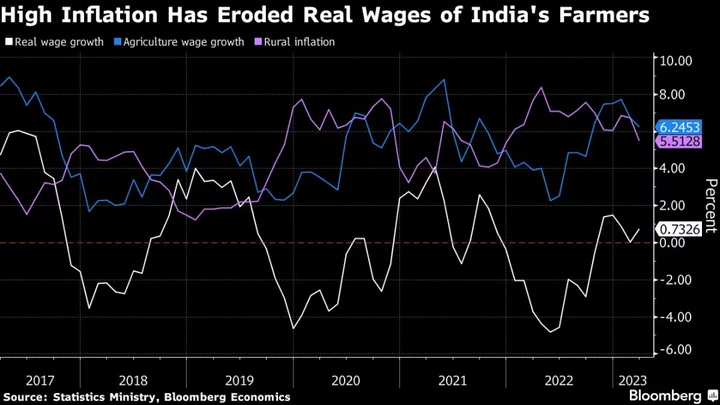
Modi May Give Farm Handouts as Food Export Bans Hit Rural India
Prime Minister Narendra Modi may offer handouts to Indian farmers ahead of the elections as food commodity export
2023-08-08 14:59
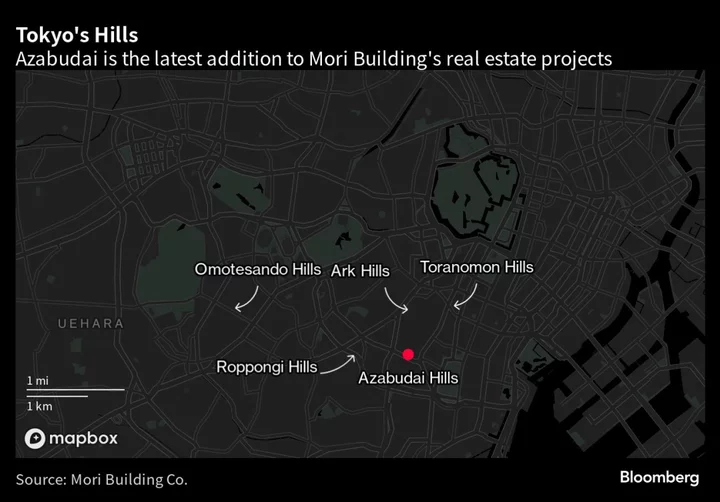
Tokyo’s Newest Hills Development Scheduled to Open in November
Azabudai Hills, the latest large-scale real estate project by Mori Building Co., will open for business on Nov.
2023-08-08 13:27
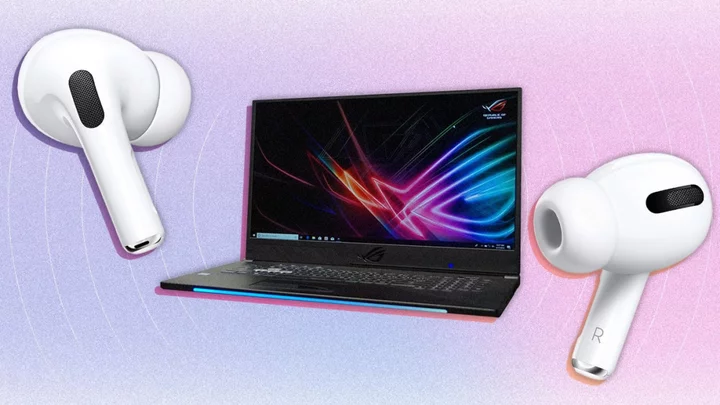
How to Connect AirPods to Your Laptop
AirPods connect seamlessly to Apple devices; listen to podcasts on your iPhone or watch your
2023-08-08 09:59
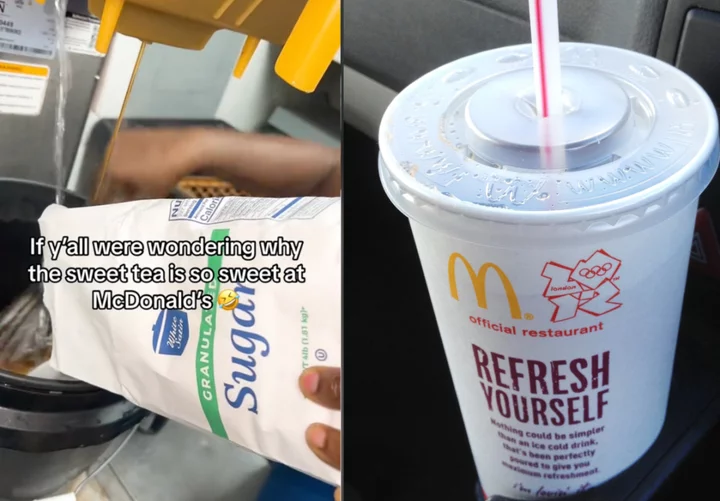
McDonald’s employee claims fast food chain’s sweet tea is made with entire bag of sugar – but others disagree
A McDonald’s employee has claimed that the fast food chain’s sweet tea is made with an entire bag of sugar. The woman named Gia, who goes by the username @gia2bad, shared a video to TikTok last month about the apparent making of McDonald’s sweet tea. In the footage, an employee appeared to be mixing the tea, as hot water was being added to it. Along with the two liquids, the employee went on to pour an entire four-pound bag of granulated sugar into the bucket. Gia also poked fun at the large amounts of sugar being used, as the text over the video read: “If y’all were wondering why the sweet tea is so sweet at McDonald’s.” She also claimed that it can take more than one bag of sugar to make the tea, writing: “Yes we use a whole bag, sometimes two.” The video went viral, with more than 1.3m views. In the comments, many people shared their shocked reactions, while poking fun at the amount of sugar filmed in the video. “Diabetes in a cup,” one quipped, while another added: “Is no one gonna talk about the bucket.” “That explains why it’s way too sweet. I always order half sweet and half unsweetened,” another wrote. Despite what was shown in the video, other people claimed that they’ve worked at McDonald’s before, and they had never seen the sweet tea made in that way. “I work there and we don’t do that…,” one wrote, while another added: “We don’t hand make sweet tea at our store it’s made with a commercial tea machine.” “We have a machine for this… I never done this when I worked at McDonald’s,” a third agreed. According to McDonald’s official website, the sweet tea is made from an “orange pekoe and pekoe cut black tea”. Some of the other ingredients in the cup include ice, and invert sugar, which “is an aqueous solution of inverted or partly inverted, refined or partly refined sucrose,” according to the Food and Drug Administration. McDonald’s also notes that in a large cup of the sweet tea, there are 40 grams of sugar. According to the FDA, its Dietary Guidelines for Americans “recommends limiting calories from added sugars to less than 10 percent of total calories per day”. For example, if you eat 2,000 calories a day, you’d only have “50 grams of added sugars per day”. @gia2bad Yes we use a whole bag sometimess 2 ?♀️?♀️ #fyp ♬ original sound - DJ Veinz The Independent has contacted Gia and a representative for McDonald’s for comment. Gia isn’t the first McDonald’s employee to make claims about how the chain’s sweet tea is allegedly made. In a viral TikTok video made by former McDonald’s worker, Nicole, she also claimed that there was a lot of sugar used to make the tea. “For every four gallons of the red jug, the sweet tea, there was a full four-pound bag of sugar emptied into it,” the woman, who said she was a manager at McDonald’s, explained in the since-deleted video, which has been shared on YouTube. “One pound per gallon of tea. I stopped drinking the tea after I realised that. Because that’s nasty.” Read More McDonald’s to investigate allegations worker was taunted over rape Mark Zuckerberg reveals his 4,000 calorie diet and large McDonald’s order Coca-Cola, McDonald’s and PepsiCo named as worst packaging polluters in UK Mark Zuckerberg reveals his 4,000 calorie diet and large McDonald’s order Budget Bites: Three recipes to keep food bills down before pay day I was an air fryer sceptic – now I can’t stop using it
2023-08-08 08:23
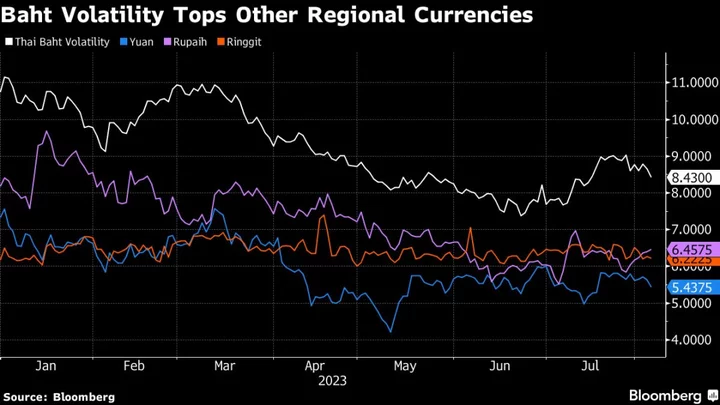
Thailand Pushes Yuan, Ringgit Use to Curb Impact of Baht Swings
Thailand plans to promote the use of yuan and other Asian currencies in trade and investments to curb
2023-08-08 07:28

Advent Nears $1 Billion Deal for Retail Brand Zimmermann
Private equity firm Advent International is nearing a deal to acquire Zimmermann in a transaction valuing the Australian
2023-08-08 05:20
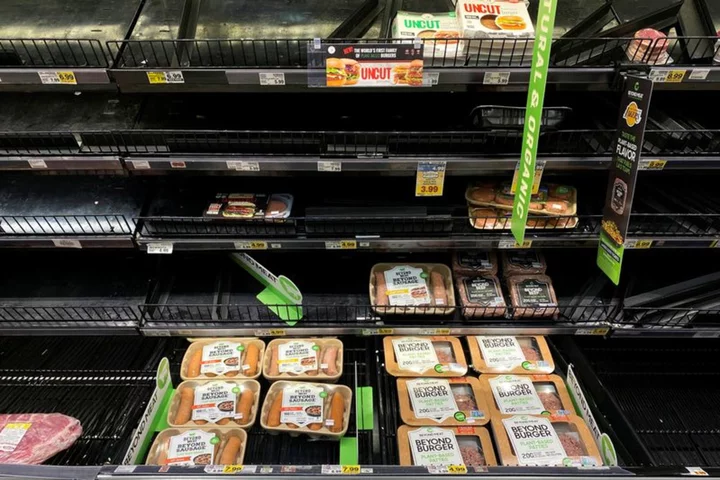
Beyond Meat cuts annual revenue forecast on slowing demand for faux meat
Beyond Meat trimmed its full-year revenue forecast on Monday, warning that demand for its plant-based meat products was
2023-08-08 04:17
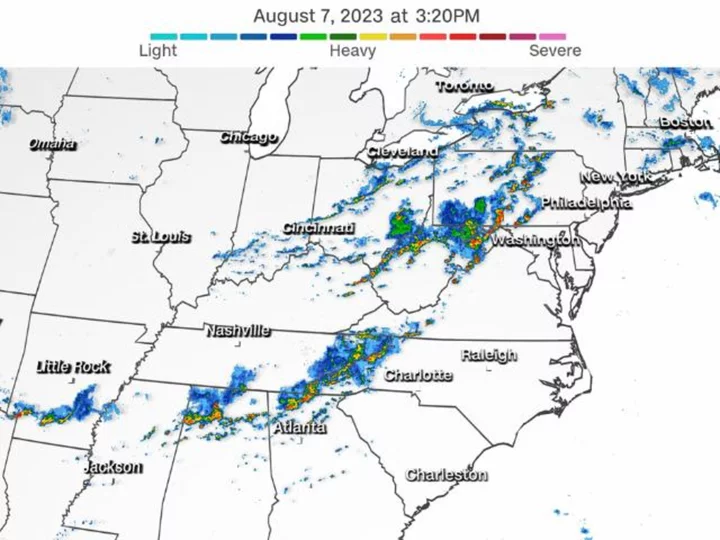
Thousands of flights delayed as bad weather threatens Eastern US
More than 1,100 flights have been canceled Monday across the United States -- and more than 3,000 delayed -- as severe weather threatens many eastern states.
2023-08-08 03:26

iPhone 15 Pro Reportedly Getting a Big Storage Bump
When the iPhone 15 makes its debut, the iPhone 15 Pro may get a hefty
2023-08-08 02:19
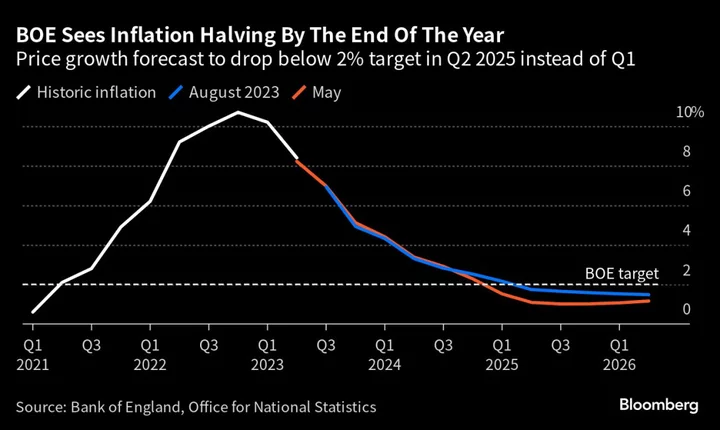
BOE’s Pill Warns Food Prices May Not Fall Back From High Levels
Bank of England Chief Economist Huw Pill warned that prices in UK supermarkets may never fall back from
2023-08-08 01:51
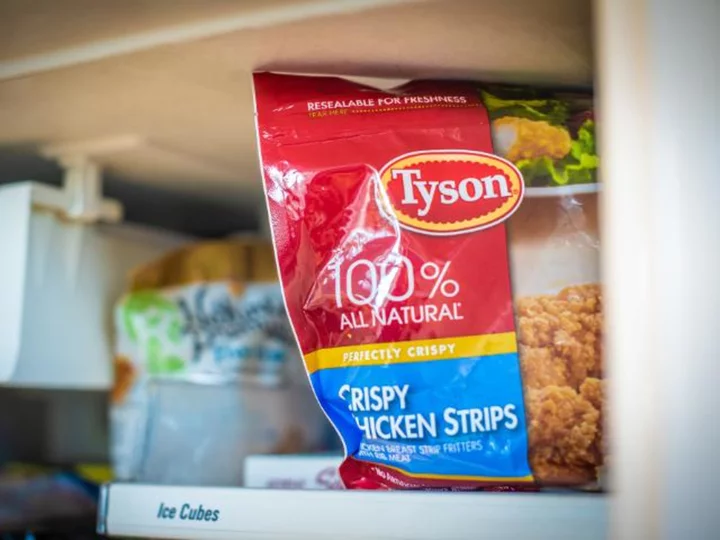
Tyson is closing four plants as chicken sales slump
Chicken prices are down. That's good news for chicken eaters, but bad news for Tyson Foods.
2023-08-08 01:28
